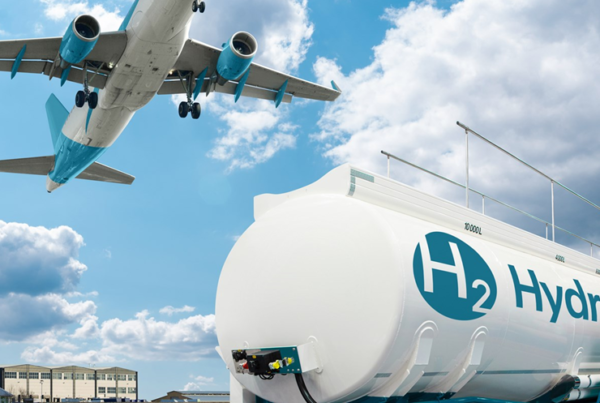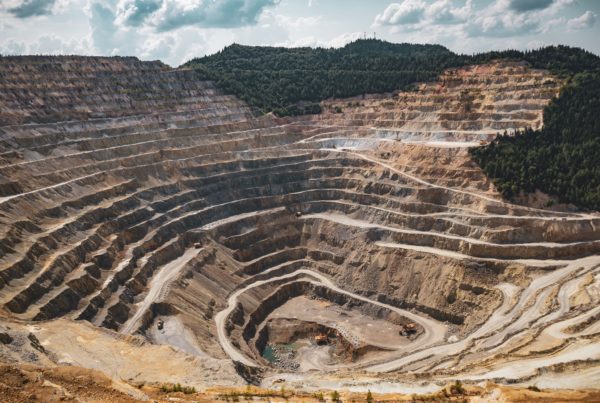
- In transportation, hydrogen is the energy source of the future.
- WEMAG, Stadtwerke Schwerin and Volker Rumstich Transporte want to build the BlueLine for commercial vehicles
For this reason, WEMAG, Stadtwerke Schwerin and the transport company Volker Rumstich Transporte have joined forces to form a consortium and have commissioned Ludwig-Bölkow-Systemtechnik GmbH (LBST) to carry out a study to investigate the operating conditions of hydrogen-powered commercial vehicles and buses in Mecklenburg-Western Pomerania.
The results of the study funded by the Landesförderinstitut MV are now available. Among other things, they have shown that just switching all commercial vehicles in Mecklenburg-Western Pomerania could save five to ten percent of the country’s total CO2 emissions. This would require a maximum of five percent of the electricity generation from renewable energies planned in Mecklenburg-Western Pomerania by 2050.
As part of the study, surveys and interviews were carried out with fleet operators of trucks and buses from Mecklenburg-Western Pomerania. A total of ten transport companies issued letters of interest, with which the companies attested their great interest in environmentally friendly hydrogen technology.
Together with the IHK zu Schwerin and the LBST, the consortium has developed various measures by 2050 to enable the establishment of a hydrogen economy in Mecklenburg-Western Pomerania.
In the first step, hydrogen production by means of water electrolysis should take place at a central point in order to take advantage of the price advantages of larger plants. Subsequently, about two to four hydrogen filling stations are to be built along the axis from Hamburg to Berlin. “The development of regional hydrogen supply and the use of hydrogen in trucks and buses holds great potential for CO2 reduction. This applies in particular along the main traffic routes on the A20, A24, and A14 as well as other regional emission centers, such as ports and tourist regions, ”explains Sylvia Schimanek, head of the“ Blue Line ”project at WEMAG.
In the medium term, the network of filling stations is to be expanded to cover all of Mecklenburg-Western Pomerania and hydrogen technology will be available across the board. In this case, on-site petrol stations are to be used in particular, which extracts the hydrogen locally, i.e. directly at the location of the petrol pump.
The long-term goal of decarbonizing the gas network and large storage facilities must not be neglected. Actors from all areas must already begin with the investigation, planning, and implementation of the first projects in order to take the next step in the energy transition.
“The first measures to implement a hydrogen route, a so-called BlueLine, are already planned,” reports Sylvia Schimanek and is pleased that WEMAG is involved in the development of this innovation.
Read the most up to date Fuel Cell and Hydrogen Industry news at FuelCellsWorks




